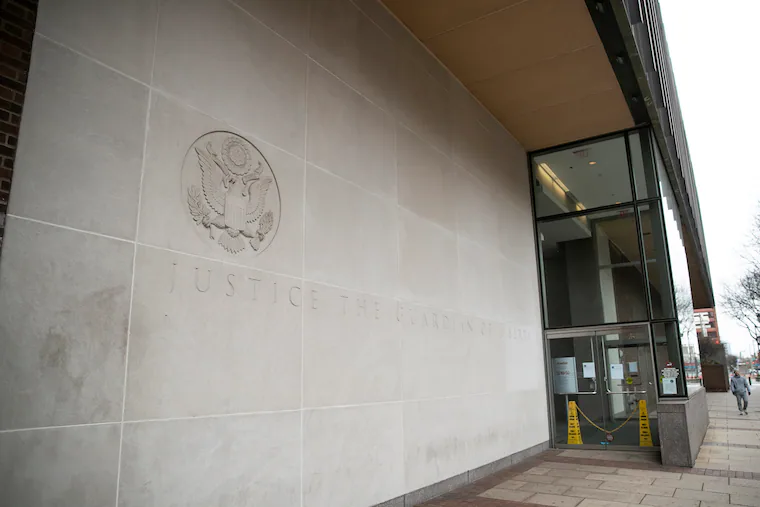
A North Wales man who managed money for wealthy families has been sentenced to four years in federal prison for fraudulently persuading two private credit firms into lending him a total of $72 million, which he said he would use to buy insurance companies.
Joshua William Coleman, 39, admitted to forging documents to show lenders he was buying the companies he promised during 2020-2022.
At his sentencing in federal court Tuesday, Coleman told Judge Kelley Brisbon Hodge that he got only one of the promised deals done. He used the remaining $61 million to cover losses from an energy deal and other business debts, to pay the 15 employees of his investment firm Vesta Wealth Advisors, to make mortgage payments on the family’s Ocean City, N.J., beach house, and to give gifts to family members.
Coleman pleaded guilty to four federal fraud charges earlier this year. A separate Securities and Exchange Commission complaint, which Coleman agreed to settle, said he raised more than $200 million in all by making “illicit” promises, first to banks, then to the private creditor investors he used to repay bank loans.
The judge sentenced Coleman, a lifelong Montgomery County resident and a Villanova University graduate, to 48 months in prison, to be followed by three years of federal supervision and restitution totaling $57 million. After lenders seized his business assets as collateral, Coleman says he owns only his home and a 2010 Ford Yukon. He will report to the federal Bureau of Prisons in January.
The victims were affiliates and investment clients of Colbeck Capital Management and CoVenture, both private credit lenders.
Fueled by pension fund investments and other wealthy investors and often backed by hedge funds, private credit lenders are not subject to bank regulations and capital requirements and can grow quickly in speculative times, butlosses tend to rise when the economy slows.
Coleman’s firm, Vesta, filed for federal bankruptcy reorganization in Delaware after Coleman was sued there by CoVenture in 2022. Colbeck also sued, and prosecutors filed the criminal fraud charges.
Private credit firms are “sophisticated lenders” familiar with the challenges of private credit, Coleman’s lawyer, Jenny Kramer of the Alston & Bird in New York, told Judge Hodge.
Kramer asked the judge to give Coleman a sentence of home confinement so he could help his wife with her online design business, raise money toward restitution for his clients, and remain active with his children.
“I lied,” Coleman told the judge. “What I did was wrong. I take full responsibility.”
But Hodge said Coleman’s repeated lies and forgeries over three years “until he was caught” called for a sentence approaching the minimum 51 months suggested by federal guidelines.
Asked by the judge why Coleman kept compounding crime upon crime, Coleman said: “I wanted to keep everything going.”
“That statement sadly sums up quite a bit,” Hodge told him. “You’ve been fortunate in your life. You grow up in Horsham; you graduated from Villanova. You put all of that at risk.”
To Coleman, his family and his former business partners, she said: “The loss is significant.“



